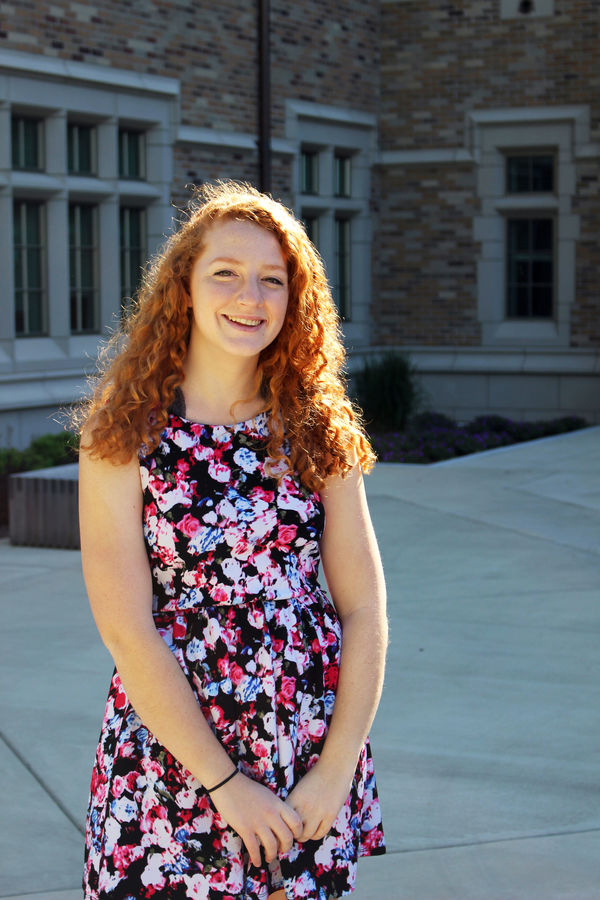
1. What kind of project are you currently working on for LEO and what are you doing for them?
Recently, I’ve been working on a project analyzing two different programs run by Goodwill in Indiana. The first is the Nurse-Family Partnership, a program that pairs low-income expecting mothers with nurses who conduct home visits throughout the pregnancy and for up to two years afterward. The second is The Excel Center, an adult high school completion program. LEO is looking into the joint impacts of these programs, to see if enrollment in both programs provides significantly better outcomes for clients than enrollment in just one. Right now, I’m working on cleaning the initial data sets we’ve received from Goodwill, and merging them into one cohesive data set that we can then begin analyzing. It will be interesting to see whether or not there is a significant joint effect of these two programs, and if there is, what this means for the growth of these programs in Indiana in the future.
2. How has your experience at LEO shaped you?
As someone who hopes to pursue a graduate degree in Economics, being able to work with LEO has given me valuable insight into the research process, as well as experience working with professors and other professionals in the field that I one day hope to work in. LEO expects a lot from research assistants, and as a result we gain very hands-on experience analyzing real, complicated data sets, learning by doing the work ourselves, rather than by watching someone else do it. On top of this technical experience, LEO has also given me a greater appreciation for all of the challenges faced by those working to fight poverty, not only by researchers, but by social service providers and policymakers as well.
3. What do you think is most important about LEO and the work it does?
LEO’s work is so important because if we are ever to help those in need, we first need to know what programs are most effective at bringing (and keeping) them out of poverty. Right now there are thousands of programs fighting poverty across the United States, but limited information on which of these programs have the greatest impact. Without the research and information that LEO provides, it would be difficult to know which services are actually helping people and how to provide these services to as many individuals and families as possible.